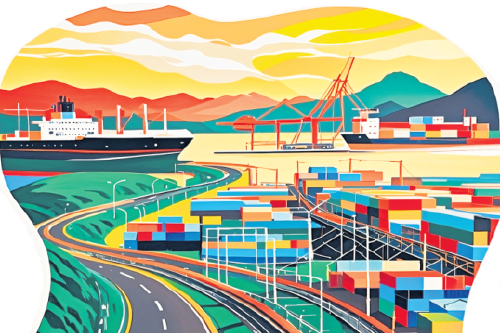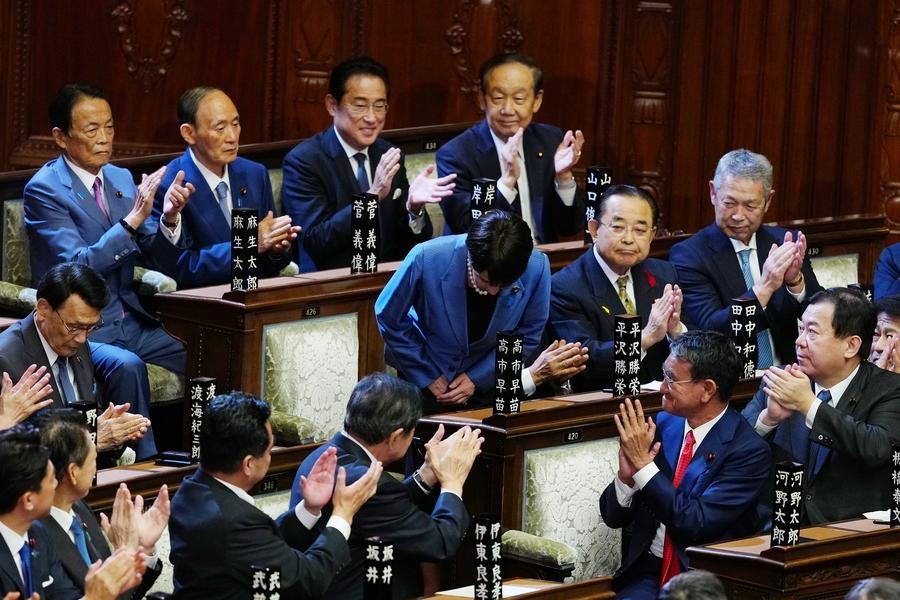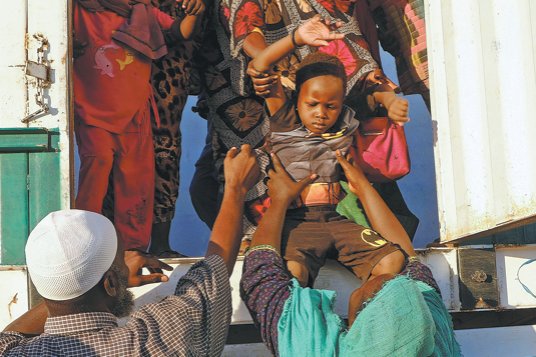China donates $3.5m to tackle HIV/AIDS among South African youths

China has donated $3.5 million to support South Africa's HIV/AIDS prevention and control efforts among youths, a key group of HIV infections, ahead of the G20 Leaders' Summit.
The program, to be carried out over a span of two years in partnership with South Africa and Joint United Nations Programmes on HIV/AIDS (UNAIDS), covers health training, buying and distributing automated condom vending machines, harm reduction kits and HIV self-testing kits.
Speaking at a ceremony in Pretoria on Thursday, Chinese Ambassador to South Africa Wu Peng said the initiative will target youths at 16 technical and vocational education and training institutions across high-burden areas in seven provinces in South Africa, as well as 500 individuals who use drugs through harm reduction and opioid agonist therapy programs.
In addition, the funds would also be used to facilitate collaboration between China and South Africa within the BRICS framework. Wu said the donation is part of China's Global Development Initiative to build a global community of health for all.
"We are honored to deepen our long-standing partnership with South Africa through this grant to support the country's HIV response. China stands firmly with South Africa as it strengthens its HIV prevention and treatment programs. In addition to this, we stand ready to assist South Africa in establishing a sustainable HIV/AIDS response system through policy dialogue, innovative drug supply, technology transfer and capacity building," Wu said.
Aaron Motsoaledi, South Africa's health minister, thanked the Chinese government for the donation, saying it will help to fight the increase in infections among the youth. He pointed out that while South Africa has made progress in reducing deaths and putting those living with HIV on treatment, they are worried about new infections among the youth.
Motsoaledi said, "This contribution strengthens our shared commitment to safeguarding the health and dignity of people living with and affected by HIV."
South Africa is one of the countries hit hardest by HIV/AIDS, with more than eight million people on treatment, according to UNAIDS statistics.
Last year, there were 71,000 new infections among people aged between 15 and 24 years, which accounted for 42 percent of all new infections in South Africa.
Winifred Byanyima, executive director of UNAIDS, said there is a need to focus on the vulnerable groups. She encouraged South-South cooperation, North-South cooperation, and regional partnerships to tackle the disease.
"Through this investment, the People's Republic of China is working hand in hand with South Africa to stop HIV infections, echoing the themes of South Africa's G20 presidency: solidarity, equality and sustainability. It shows China's commitment to multilateralism and advancing South-South cooperation, through the sharing of technology, innovation, and grant funding in our pursuit of universal health coverage and the goal of ending AIDS by 2030," said Byanyima.
Thembisile Xulu, CEO of the South African National Aids Council Trust, said the funding comes at the right time after the US government had cut funding for HIV/AIDS projects. She said the key population requires some interventions to tackle the increase in new infections and support ongoing HIV/AIDS management efforts.
































